You know the outlook is bad when even ex-diplomat Karen Betts says the slump in business confidence is “drastic”. It’s down from –6% to –47%, according to the FDF’s latest quarterly survey.
On top of the increased NICs, the new packaging tax and the HFSS pre-watershed ad ban, there’s been a dawning, post-Christmas realisation among suppliers of just how competitive the market is, with deflation again in this week’s Grocer 33 contrasting with increased costs from commodities, energy and transport, and the higher labour and new taxes to come.
Then there’s heightened uncertainty from the emerging global trade war, with the threats, opportunities and unintended consequences of fluctuating trade flows still unclear. And trade with our closest neighbours and allies isn’t getting any easier or cheaper.
Economic slowdown and policy challenges
This uncertainty is compounded by the economic outlook in the UK, with Chancellor Rachel Reeves this week halving growth forecasts for 2025 in her spring statement. That’s what makes the new Food Strategy so important. While aiming to tackle obesity, sustainability and food security, it also needs to produce a growth policy, hitherto non-existent. And the big question at the first meeting of the new FSAB on Wednesday was not so much what all the talents will bring to the table but how the government is going to enable it.
Words like growth are cheap. And the government has so far seen little opportunity in areas like manufacturing and retail, pinning its hopes on housing, green energy and now, inadvertently, defence. But the government’s plans will fail if they don’t also support growth. That will require actions, policies, investment and tax breaks that run counter to the current regressive political reflex.
And Defra secretary Steve Reed and his cross-government cohort will also have to convince not just the Treasury that the food industry needs this investment. It must also answer to those, from within the board, pining for just the sort of regulation and red tape which Betts blames for the collapse in confidence – even if there is much more to it than that.







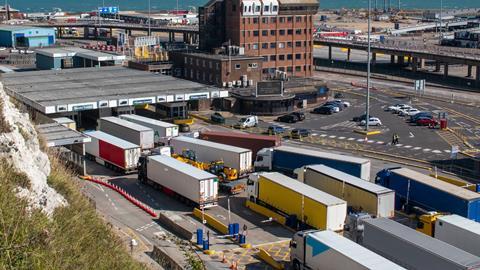
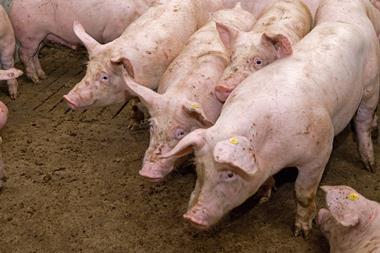
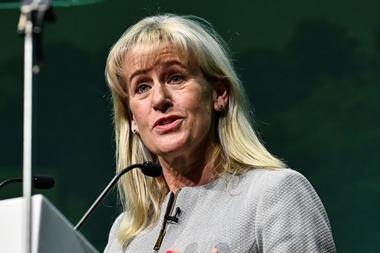








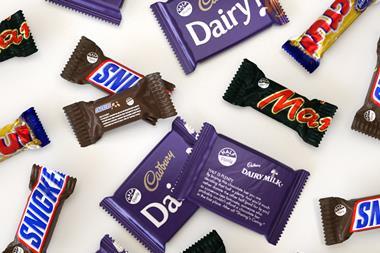
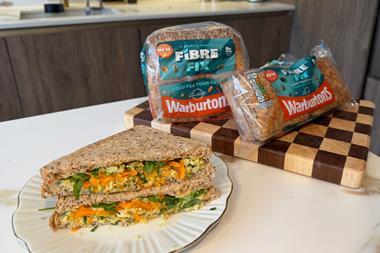
No comments yet